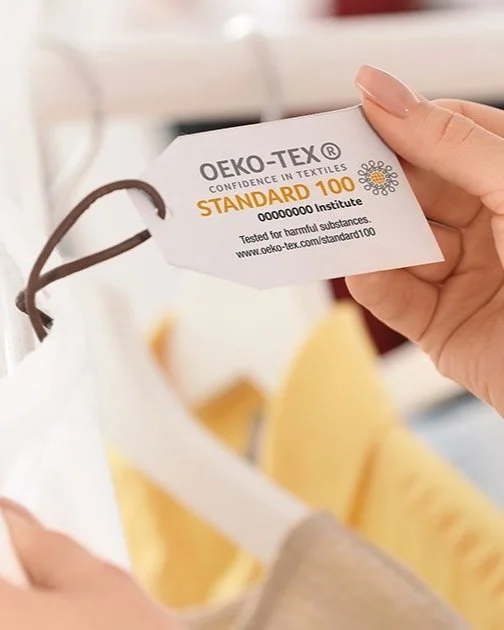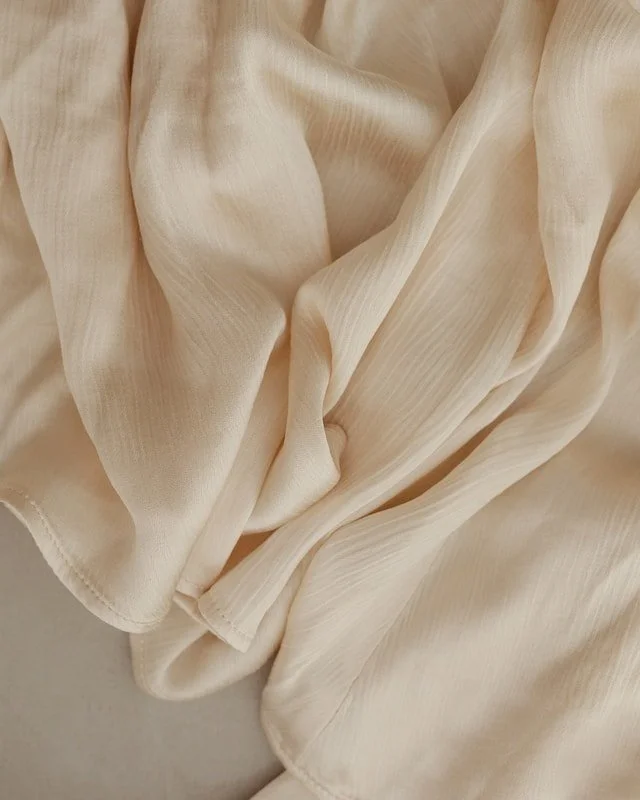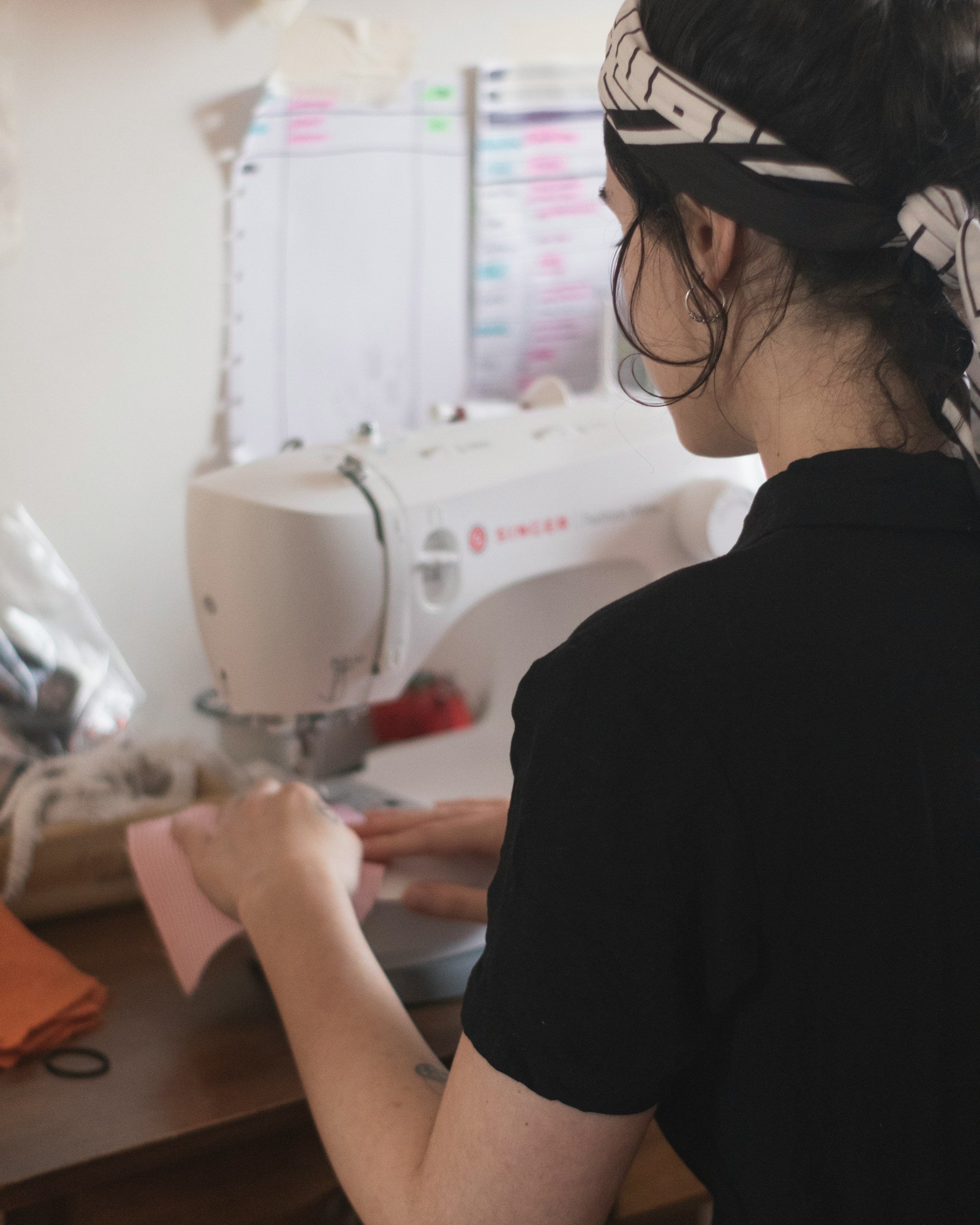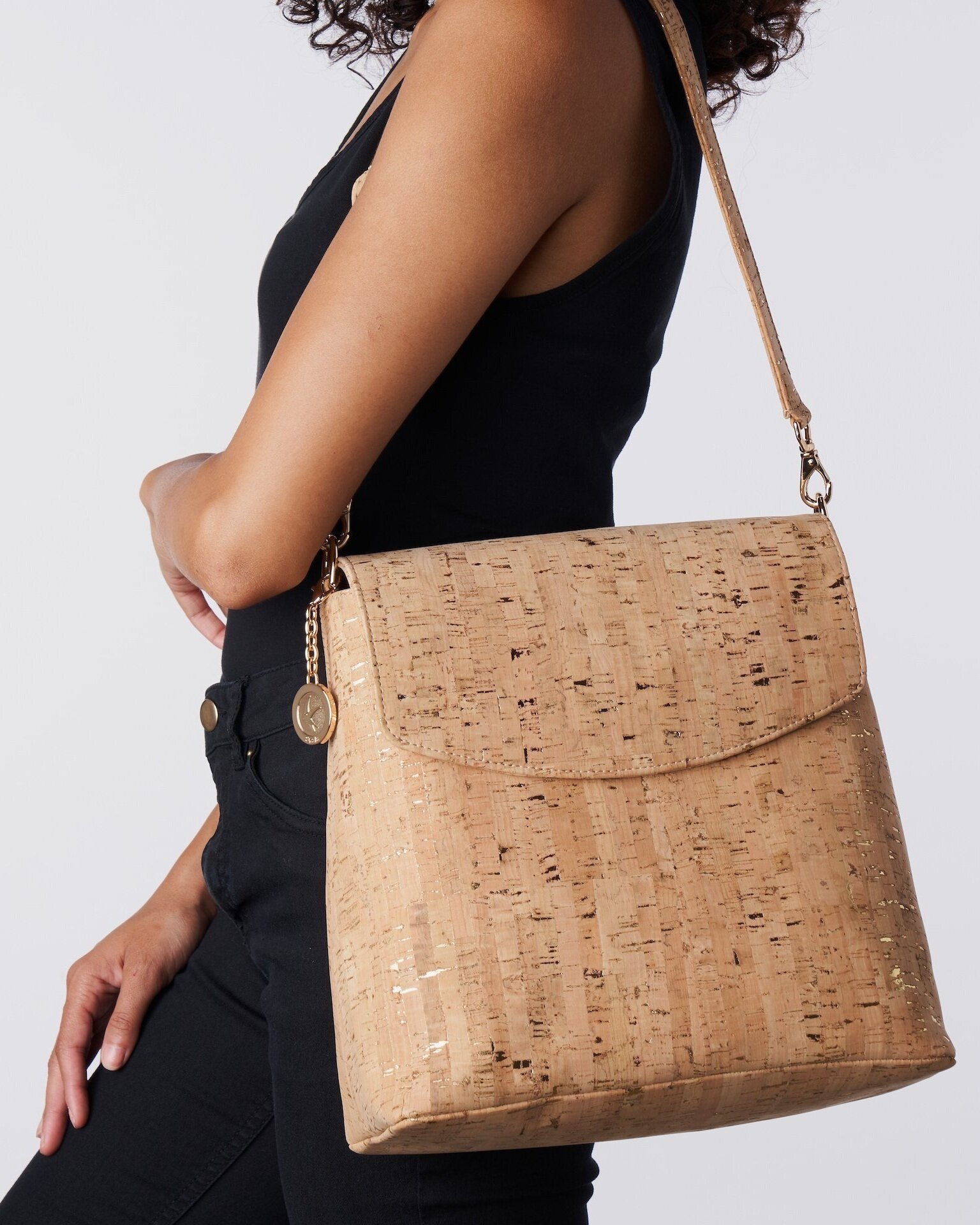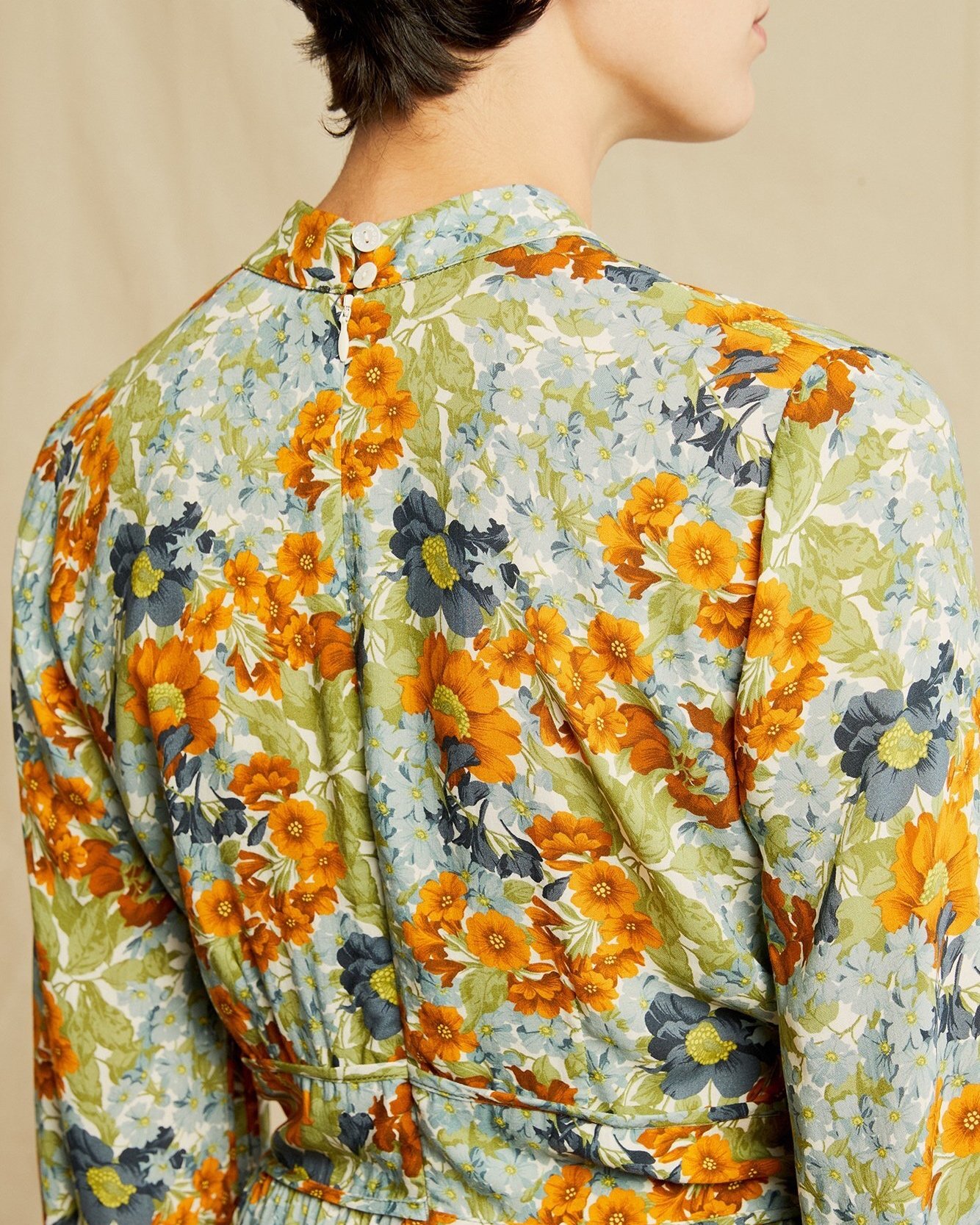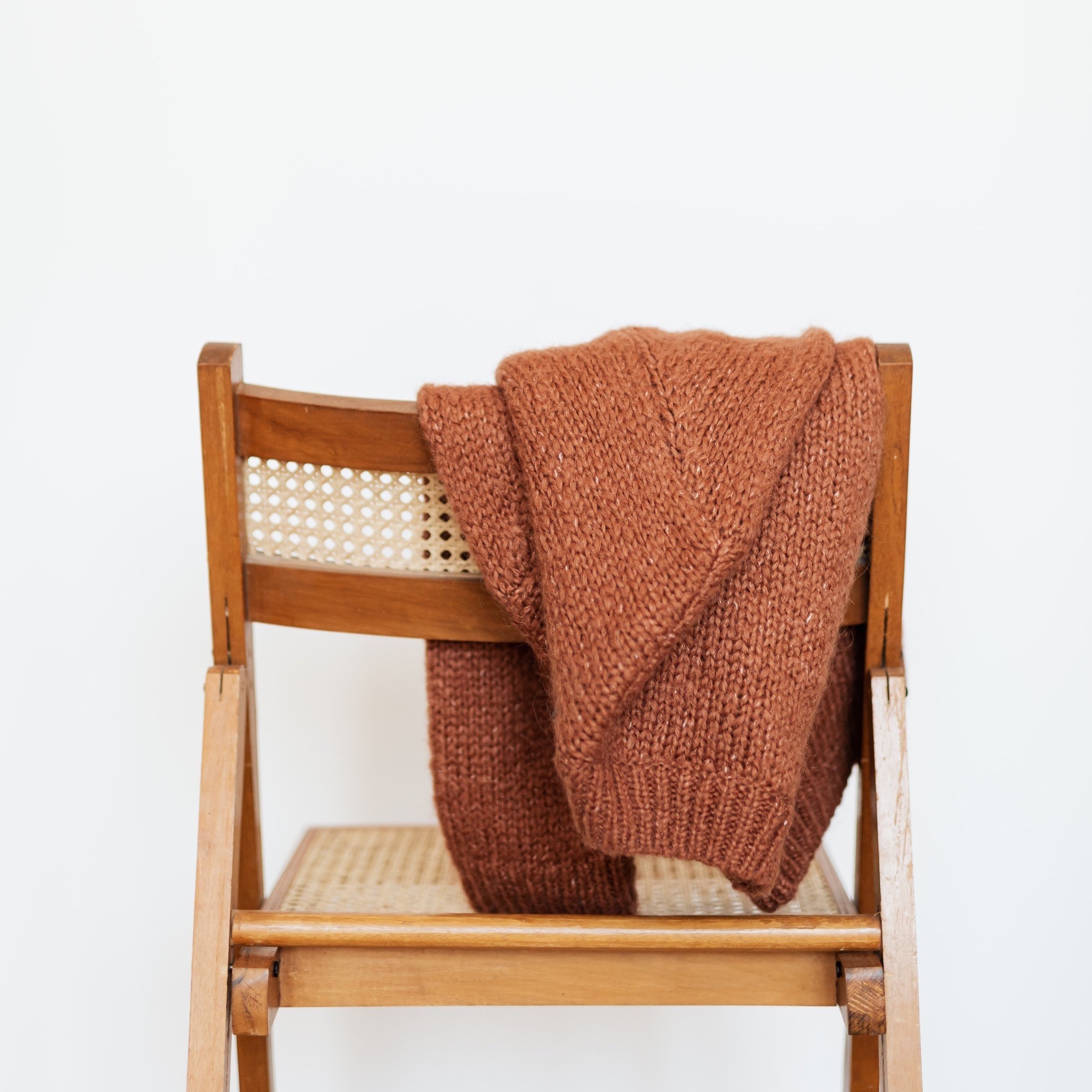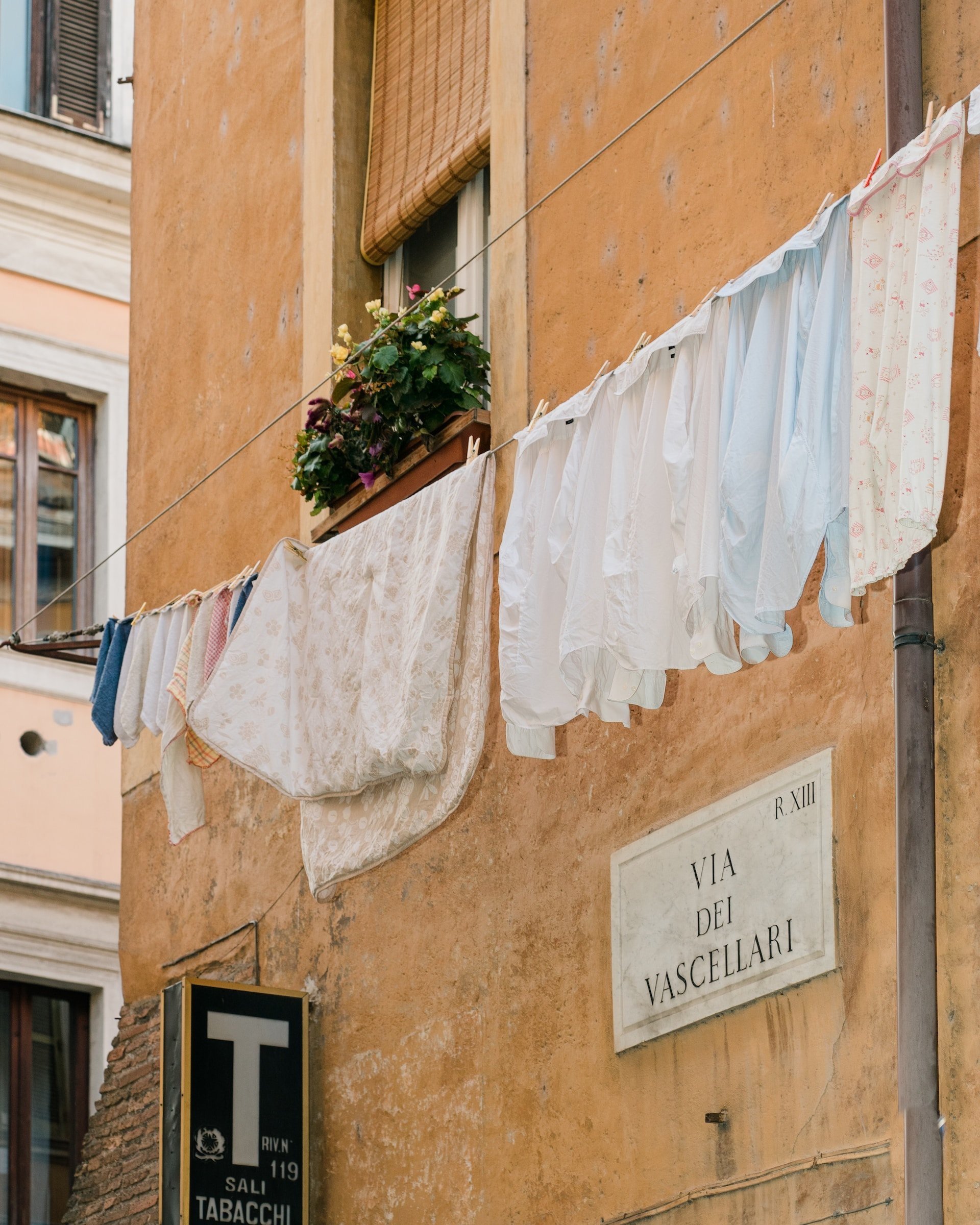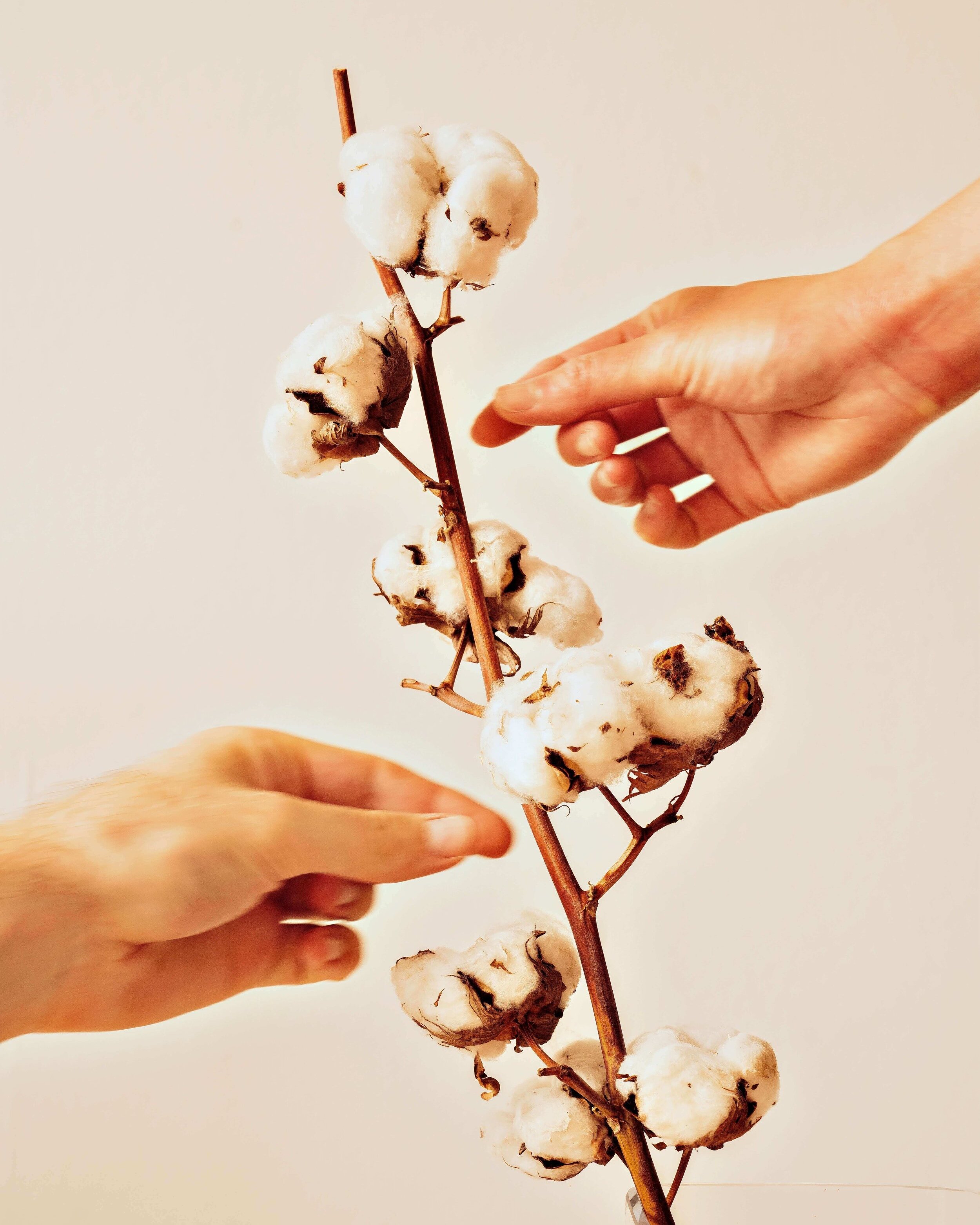What Is Spinnova Fabric and Is it Sustainable?
Image: Spinnova
If you haven't heard of Spinnova fabric, you're missing out. This relatively new textile is the first of its kind to use a unique material and a special manufacturing process to create an ultra-sustainable product.
What Is Spinnova Fabric?
Spinnova is a cellulosic fiber, meaning it's made from cellulose — a substance located in plant cell walls. It's naturally white, fluffy and firm, with a similar elasticity and breathability to cotton or wool. A Finnish textile company under the same name came up with and patented the idea. Due to its material type, it's also likely nonallergenic and safe for sensitive skin.
Juha Salmela, the company's chief technology officer (CTO), came up with the idea for Spinnova after watching an evolutionary biologist talk about how alike spider silk and nanocellulose — nano-structured cellulose — are. What if wood could be spun into textile fiber like a spider spins its web? After over a decade, he had his answer.
Although the idea for Spinnova popped into existence in 2009 and the company was established in 2015, Woodspin — its first commercial-scale production facility — didn't open until 2023. On one hand, this invention is still relatively new and unproven. On the other, it took just over a decade for a concept to overcome the mass-market hurdle, which is impressive.
Spinnova estimates its fiber could replace 4% of the global cotton supply — a market worth over $47.7 billion — by 2033. The demand for sustainable clothing is still somewhat niche, so its success isn't guaranteed. However, the lightning-fast progress in recent years is a promising sign of what's to come.
Image: Spinnova
What Is Spinnova Fabric Made Of?
As Salmela's idea would suggest, spin nova is made from wood pulp. It's only sourced from Scandinavian trees certified by the Forest Stewardship Council (FSC), an international nonprofit that promotes responsible forestry. The company produces all its fabric at its Woodspin manufacturing facility in Jyväskylä, Finland.
Technically, you could make this type of yarn from any agricultural residual — stalks, stems or leaves left over after harvests — or waste pulp. The company's manufacturing process works on any cellulose-based material, so there's potential for it to branch out in the future. However, it mainly uses trees for now since they're the easiest to source.
Image: Spinnova
How Is Spinnova Fabric Made?
Many modern textiles are chemically treated. Eco-unfriendly chemicals are used during soaking, dyeing, bleaching orcoating to make fabric stain-resistant, water-repellant, wrinkle-proof or anti-static. Spinnova is different — it mechanically treats the fibers instead.
Spinnova uses a proprietary mechanical manufacturing process to make its fibers. You might think that sounds complex, but it basically means it has a patented machine that separates and refines the cellulose instead of treating it with or dissolving it in chemicals.
Once the machine mechanically shears and treats the wood, it becomes microfibrillated cellulose, a paste-like material. The machine strips the outer layers, exposing the fibril bundles — microscopic cellulose fibers — to prepare the raw material for the next step.
After that, the pulp flows through high-pressure nozzles, rotating the fibrils to align them. The goal is to transform the paste-like substance into a textile fiber. At this stage, workers collect and dry the fibers so they can be spun into yarn — and you can eventually wear them.
Is Spinnova Fabric Sustainable?
While natural fibers like cotton and wool are far more sustainable than synthetic fabrics like polyester and nylon, their manufacturing process often requires harmful chemicals or resource-intensive production. For example, growing cotton requires a great deal of water and pesticides. Spinnova is different.
This fabric is one of the most sustainable in the world. For starters, all the wood pulp used to make the cellulosic fiber comes from trees certified by the FSC. Plus, the company replants what it uses so it can keep removing greenhouse gases from the atmosphere. Unlike petroleum or plastics, the forests passively absorb carbon dioxide (CO2).
Since the fabric is made from wood pulp — not plastics like synthetic textiles — it's 100% biodegradable, recyclable and compostable. In other words, it's zero-waste. You can recover or reuse Spinnova-based clothing instead of tossing it, helping reduce greenhouse gas emissions and combat climate change.
Could you imagine throwing your sweater into your compost bin instead of donating it to a nearby thrift store? It might seem far-fetched, but it's a reality. This closed-loop method conveniently solves the longstanding issue of excess waste the clothing and fast fashion industries suffer from.
Even the manufacturing process is sustainable. The company uses renewable energy, no harsh chemicals and a minimal amount of water. In fact, it uses 99% less water than conventional cotton production — a good comparison, considering it looks and feels similar.
Unlike other fabrics that wear down when reused and must be blended with synthetics to be wearable, recycled Spinnova is better than the original. It retains its quality and strength, so it doesn't need to become an eco-unfriendly blend. Best of all, wearing upcycled fabric helps you shrink your carbon footprint.
What About the Company?
Spinnova is a super sustainable company. According to an interview with Salmela, its carbon footprint is 1.28 kilograms of CO2 equivalent (CO2e) per kilogram of fiber. For comparison, conventional cotton production produces 4.6 kg CO2e per kg on average, which is 72% higher.
Intriguingly, its carbon handprint — the measurement of its broader resource use and energy efficiency — is negative 6.5 kg CO2e per kg of fiber. How could it possibly be below zero? The only byproducts of the manufacturing process are heat and evaporated water, which are reused elsewhere.
The company recycles the evaporated water in the production process and locally recycles the heat waste in the local district heating network. This closed-loop method keeps it from generating further greenhouse gas emissions.
Its other sustainable efforts — like using renewable energy and replanting trees — contribute to lowering its carbon footprint and handprint, ultimately making it negative. How many clothing companies you buy from can say they're climate-positive? It's nice to know buying something would make you feel optimistic instead of giving you a guilty conscience.
Since Spinnova's namesake fabric is its only commercial invention, it can focus on making a truly sustainable product. Plus, since it only has one facility in Finland, it can oversee all operations to ensure workers and machines are performing as sustainably as possible.
So, What's the Catch?
While Spinnova seems to be ultra-sustainable, there's one catch. The largest wood pulp producer in the world partially owns Woodspin. Suzano — which produced over 10.9 million tons of pulp in 2023, nearly double that of its closest competitor — owns 50% of the facility and provides the trees for production.
Suzano has faced complaints of deforestation and eco-unfriendly practices. According to data from the United States Securities and Exchange Commission, it faced 262 possible environmental and civil proceedings in 2023. Some of the accusations include pesticide use, pollution and illegal land-grabbing.
What's worse, Suzano grows eucalyptus trees to turn into wood pulp, which seemingly harms the environment. Its monoculture approach — continuously growing a single crop in one place — steals vital nutrients and groundwater from surrounding areas, withering other plants. Just the idea is enough to put a bad taste in your mouth.
It makes sense that a startup like Spinnova would be thrilled to partner with such a large, well-established wood pulp producer when it was starting. Besides, all the trees it uses are FSC-certified, meaning they're responsibly farmed. However, just because you understand the reasoning doesn't mean you have to agree with it.
Even though Woodspin is climate-positive and its fabric is recyclable, compostable and biodegradable, you'd be right to find its partnership with Suzano disconcerting. After all, thinking something is good for the planet only to realize it might be tinged by greenwashing isn't a great feeling.
Image: Halti
Where Can You Get Spinnova Fabric?
Although the partnership with Suzano isn't a good look, Spinnova is still one of the most sustainable textile companies around. If you're interested in checking it out, you're in luck — it's already partnered with some huge name brands you probably recognize.
Halti
Halti is a Nordic outdoor brand. Its unisex parka jacket, made of organic cotton and Spinnova fiber, won Finland's most sustainable product award in 2023. Voters praised its comfort, design and durability.
Adidas
Sportswear brand Adidas took an interest in wood-based fabric after deciding to become more sustainable. It agreed to subscribe for $3.65 worth of shares in the company's initial public offering. Apparently, it wants to secure a significant amount of the fiber. So far, it has debuted a hoodie made of an organic cotton and Spinnova blend.
The North Face
Spinnova's partnership with The North Face aims to set the outdoor brand apart from its competitors while reducing the textile industry's impact on the environment. It wants to provide sustainable, high-performance clothing for people like you.
A Functional, Earth-Friendly Fabric
Spinnova might not be perfect, but can you think of a textile company that is? For now, this Finnish company is one of the most sustainable. Although there aren't many wood-based clothes out there yet, you'd be smart to keep an eye out to see how this novel invention impacts the industry — and the planet.
About the Author
Mia Barnes is a health and beauty writer with a passion for sustainable living and wellness. Mia is also the Founder and Editor-in-Chief of Body+Mind Magazine, an online publication that covers healthy and eco-friendly living. Follow Mia and Body+Mind on Twitter and LinkedIn!
MAKE SURE TO PIN THE PHOTO BELOW TO SAVE THIS POST FOR LATER!
WANT TO FIND SUSTAINABLE BRANDS? VISIT OUR BRAND DIRECTORY!
Our Brand Directory is home to hundreds of sustainable brands, from makeup to cleaning supplies, from underwear to shoes. We have broken everything down by category for easy shopping, along with discount codes unique to Sustainably Chic viewers.








